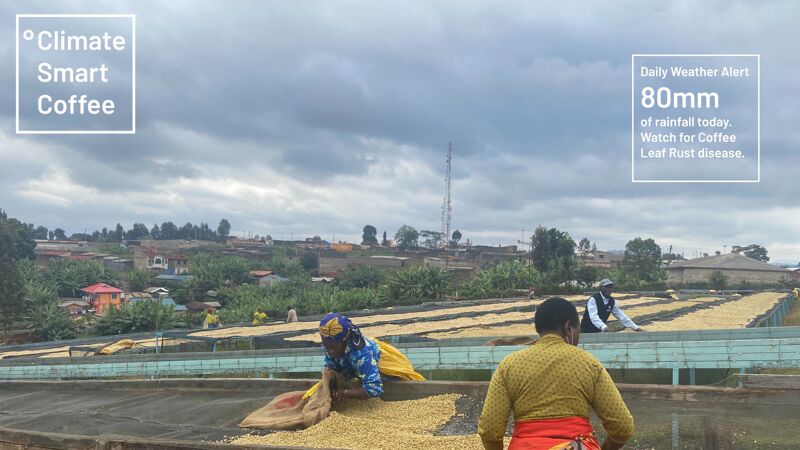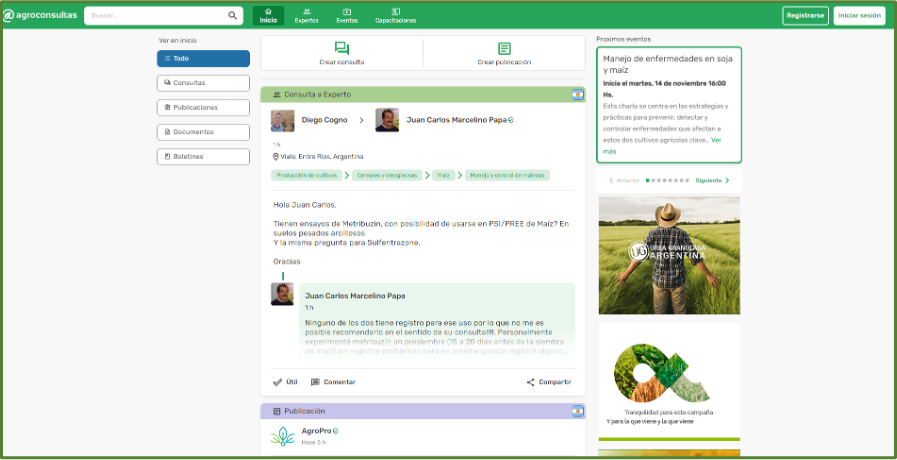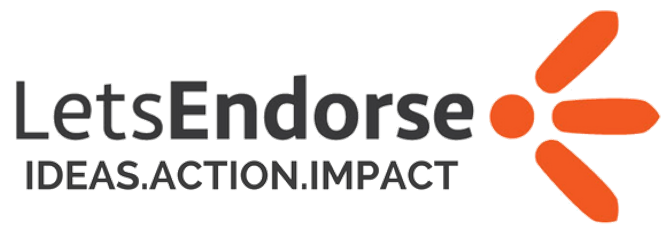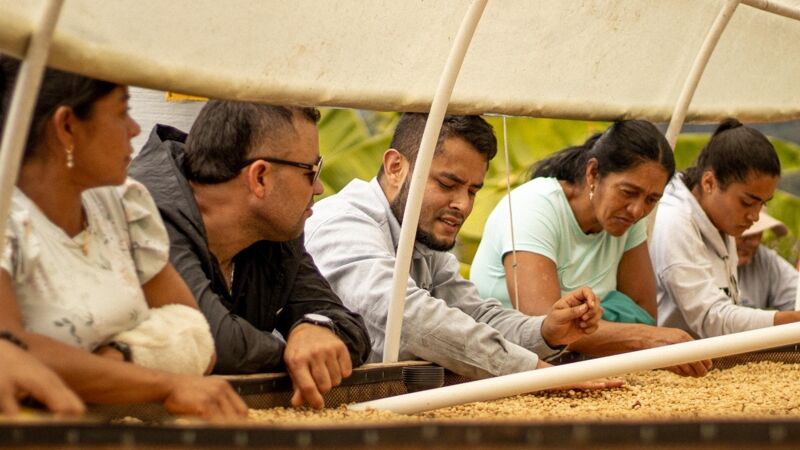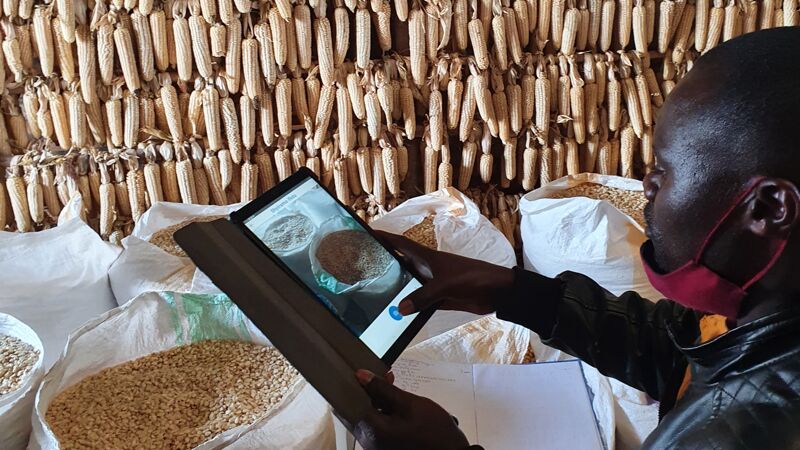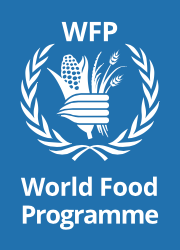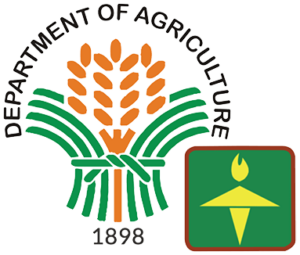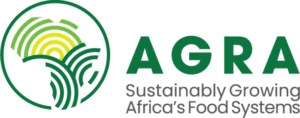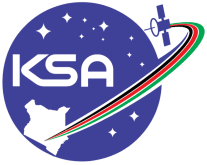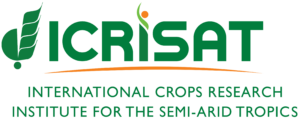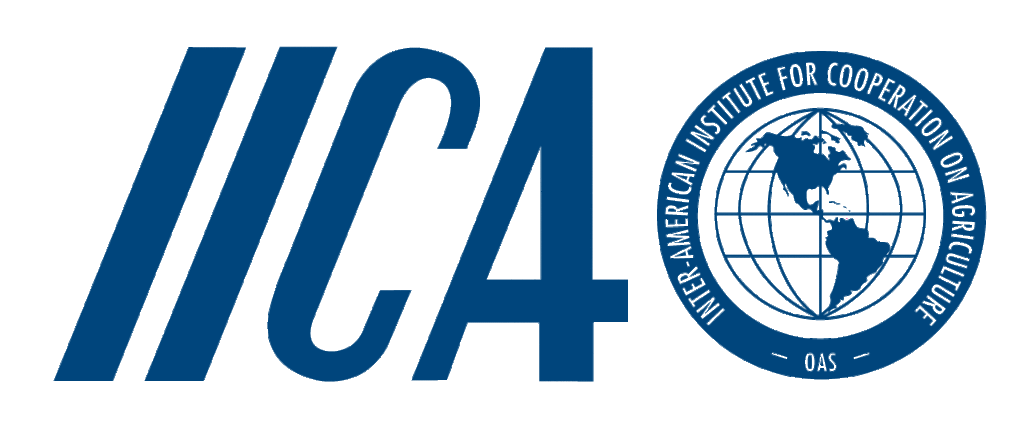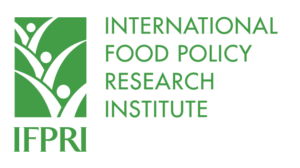Inspire Challenge 2023
Digital agri-food programs are committing to improve women’s access to their services, with up to 30,000 USD at stake plus access to CGIAR training and expertize.
CHALLENGE GOAL
Five selected organizations or programs, Challengers, have been challenged to increase women’s participation in their existing and well-established digital agri-food services and programs. Their specific goals will be determined based on the review of Challengers’ user analytics data.
Value:
$10,000 to $50,000
-
October 5, 2023
Deadline for submitting applications - November 9, 2023Exciting announcement of the Five Selected Challengers
- April 30, 2024Deadline for Challengers to submit their results for review
- June 2024Stay tuned for the big reveal of our Challenge Winners!
Meet the challengers!
Provided by:
Provided by:
Provided by:
Provided by:
Provided by:
WHAT IS THE INSPIRE CHALLENGE?
The ICTforAg 2023 Inspire Challenge is a new Pay-for-Results program intended to increase women’s participation in digital agri-food advisory services and programs. Five Challengers will be chosen and given six months to achieve the gender inclusion goal. All Challengers will be provided with a suite of technical support options, including human-centered design workshops, consultative meetings, and learning grants of up to 20,000 USD. If the goal is achieved, each Challenger will be eligible to receive the final prize of 30,000 USD in June 2024.
Between 2017 and 2021, CGIAR has hosted four annual global digital agriculture competitions called the Inspire Challenge. The Inspire Challenge was designed as an innovation process, connecting CGIAR’s research expertise with the digital innovation capabilities of partners. Each team, the Challenger, included at least one researcher and one digital innovator, paired to address one of the challenge areas. Throughout the program, CGIAR has awarded 28 grants, many of them are still operational across the food systems in low and middle-income countries.
This time, we designed the new Inspire Challenge as a Pay-for-Results (PfR) prize competition program, focusing to achieve the digital inclusion outcomes on women’s use of digital tools and services.
WHAT IS THE PAY-FOR-RESULTS PROGRAM?
Pay-for-Results (PfR) programs incentivize the achievement of specific outcomes, rather than just the delivery of outputs. PfR programs have been used in various contexts, including health, education, and agriculture.
For example, the Gavi Alliance’s Advance Market Commitment incentivized the development of vaccines for pneumococcal disease. For education development, the UK Department for International Development’s Girls’ Education Challenge, which supported girls’ education in 17 countries. In agriculture: AgResults used PfR approaches to incentivizes the private sector to overcome market failures for specific agricultural technologies.
By linking funding to results, PfR programs aim to improve the effectiveness and sustainability of interventions, and ultimately contribute to positive social and economic outcomes.
The PfR program is particularly useful when there is no clear incentive to address certain challenges. One such challenge is the digital gender divide. The pattern of the digital gender divide is clear and persistent, especially across low and middle-income countries. For example, women are 28% less likely than men to own a mobile money account across such countries. However, closing the gender gap is not among the top priorities of digital agri-entrepreneurs.
While mobile operators have made encouraging commitments and taken actions, we believe that the actions of digital agri-food services and programs are even more critical. The causes underlying the digital gender divide are complex, and we need more localized, context-specific, and human-centered design approaches to address them.
Adding to the existing ICTforAg community’s collective many efforts to push to close the digital gender divide around the world at different scales, we want to try to pull the community towards the goal.
SELECTION CRITERIA
- Readiness: We will review the readiness of the service/program, such as the size and type of the business model, to ensure it has reached a certain size of end-users, critically including producers/farmers.
- Innovative approaches: We will assess the innovativeness of proposed methods to achieve the goal in terms of their feasibility, creativity, and sustainability.
- Verifiability: We will require a credible, robust, and third party-verifiable track record of user profiles that include identity, gender, and contact information for the changes between November 2023 and April 2024.
OUR OBJECTIVES
Through the Challenge focusing on digital gender inclusion, we have two objectives in this year’s Inspire Challenge program.
- We will incentivize selected digital agri-food services and programs to improve gender balance in their current operations.
- We will share the learning of applying the Pay-for-Results approach to address complex ICTforAg challenges in the developing world.
INCENTIVES AND PRIZES
Challengers will be offered to utilize multiple forms of technical support to facilitate their journey of achieving the gender inclusion goal.
- Learning grant: Each Challenger may request to receive a learning grant of up to 20,000 USD that can be used toward, for example, engaging with users, utilizing professional services, or applying human-centered design approaches. This grant can be used at any time during the six-month Challenge period.
- Human-centered design workshop: Each Challenger will be provided with an opportunity to participate in a CGIAR-organized human-centered design workshop focusing specifically on each Challenger’s service and program.
- Consultative meetings: Each Challenger can request to consult with CGIAR scientists with diverse research background and expertise across food, land, and water systems. In addition to gender and social science areas, Challenges can request to engage with researchers specialized in other areas as needed, such as agronomy, crop science, economics, breeding and seed systems, biotechnologies, policy and regulations, digital and data analytics, and satellite remote sensing and spatial analyses.
- Final prize: The Challengers who verifiably achieved the gender balance goal will be eligible for receiving the final prize of 30,000 USD, contingent on the submission of a technical report documenting the journey of achieving the goal, lessons-learned, and the gender strategy document that lays out how they will continue making efforts to provide gender-responsive and inclusive services.
SPECIAL THANKS TO THE INSPIRE CHALLENGE SPONSORS
- CGIAR Initiative on Digital Innovation will sponsor two of the Challengers focus on accelerating the transformation of agrifood systems using innovative, gender-responsive digital solutions.
- CGIAR Initiative on Diversification in East and Southern Africa, also known as Ukama Ustawi, will sponsor one of the Challengers focuses on a digital solution that aims to address gender digital divide and food and nutrition security risks in East and Southern African countries.
- CGIAR AgriLAC Resiliente Initiative will sponsor one of the Challengers focuses on a digital solution that aims to increase the resilience, sustainability and competitiveness of Latin American and Caribbean agrifood systems.
- USAID Feed the Future will sponsor one of the Challengers focuses on a digital solution that aims to address gender, climate change, and nutrition.
